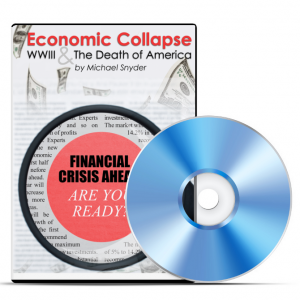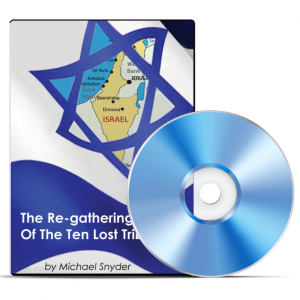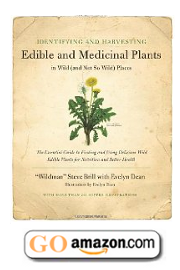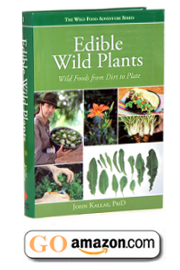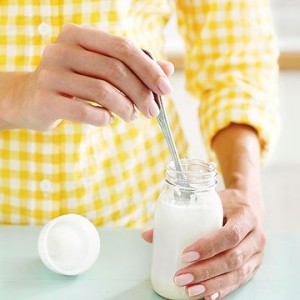 Even if you’re not convinced that a nuclear Armageddon or global economic collapse is imminent, taking preparatory measures like stockpiling food is still a wise idea - which would have paid dividends had the world not narrowly averted disaster earlier this year.
Even if you’re not convinced that a nuclear Armageddon or global economic collapse is imminent, taking preparatory measures like stockpiling food is still a wise idea - which would have paid dividends had the world not narrowly averted disaster earlier this year.
In July of 2013, a massive electromagnetic pulse emitted by the sun coursed through a point in the earth’s orbit about two weeks before the planet arrived there. Had Earth been struck by this EMP, it could have cut off electricity to much of the U.S. for a long time. This could have left Americans scrambling to handle their basic necessities on their own for quite a while, which would have been difficult for anybody - much less families with babies who needed to be fed.
That’s why stockpiling store-bought baby food - or the ingredients to make it yourself - is something that all parents should consider.
Baby Food Stockpiling Strategies
Since baby food will be one of the first consumer products to run out in a global emergency, it’s always wise to have an extra supply on hand. The good news is, the U.S. government requires clear expiration date
labeling on baby food and formula, which makes it easier for you to gauge how long it can be stockpiled before it goes bad.
When choosing which products to stockpile, look for baby food with iron in it to aid in your baby’s growth; and if possible, opt for “lactose-free” food and formula, because lactose digestion is the most
common problem when it comes to feeding infants formula.
As for procuring the supplies, there are many options for finding baby food at low prices. Moms-to-be routinely stockpile baby food and formula in preparation for the birth of their child, so there are online
resources already in place to help you with this. Plenty of blogs can help you with stockpiling strategies, and you can set up “price watches” on grocery store or independent sites that can help you keep track of
sales and bargains. You can even tap into the “extreme couponing” chatter that can alert you to how to buy these products at deep discounts.
After you make your purchase, be sure that the food and formula is stored in a cool, dry place away from areas where rodents might be able to access it.
Other Sources for Baby Food
Because of the likely scarcity of baby food in an emergency, you may also want to consider stocking up on supplies that will allow you to make your own baby food. This would include dry milk, beans, rice,
sugar, powdered oats, oil, flour, and salt. (A few recipes for making your own emergency baby food and formula are available here.)
Canned vegetables and fruits, jams, or other produce in nonperishable form can also be pureed to supplement traditional baby formula or food.
Perhaps the biggest asset for keeping a baby healthy during an emergency is the mother herself. After all, breast feeding is recommended by doctors for a year after the baby is born, and breast milk is a ready
source of nutrient-rich food for babies.
In addition to stockpiling nourishment for the baby, it’s important to do the same for Mom. This means paying extra attention to the nutritional quality of the food you’re stockpiling for adults so that the mother’s body will be healthy enough to properly fortify her infant via her breast milk. So while stockpiling baby food is important, it’s just as vital to protect Mom’s well-being - for the long run as well as
the immediate future.
Chris Martin has written numerous articles about keeping children safe and healthy, from choosing the best convertible car seats to kid-friendly vegetable recipes to creating fun playtime activities.
Picture Credit-Visit parents.com
